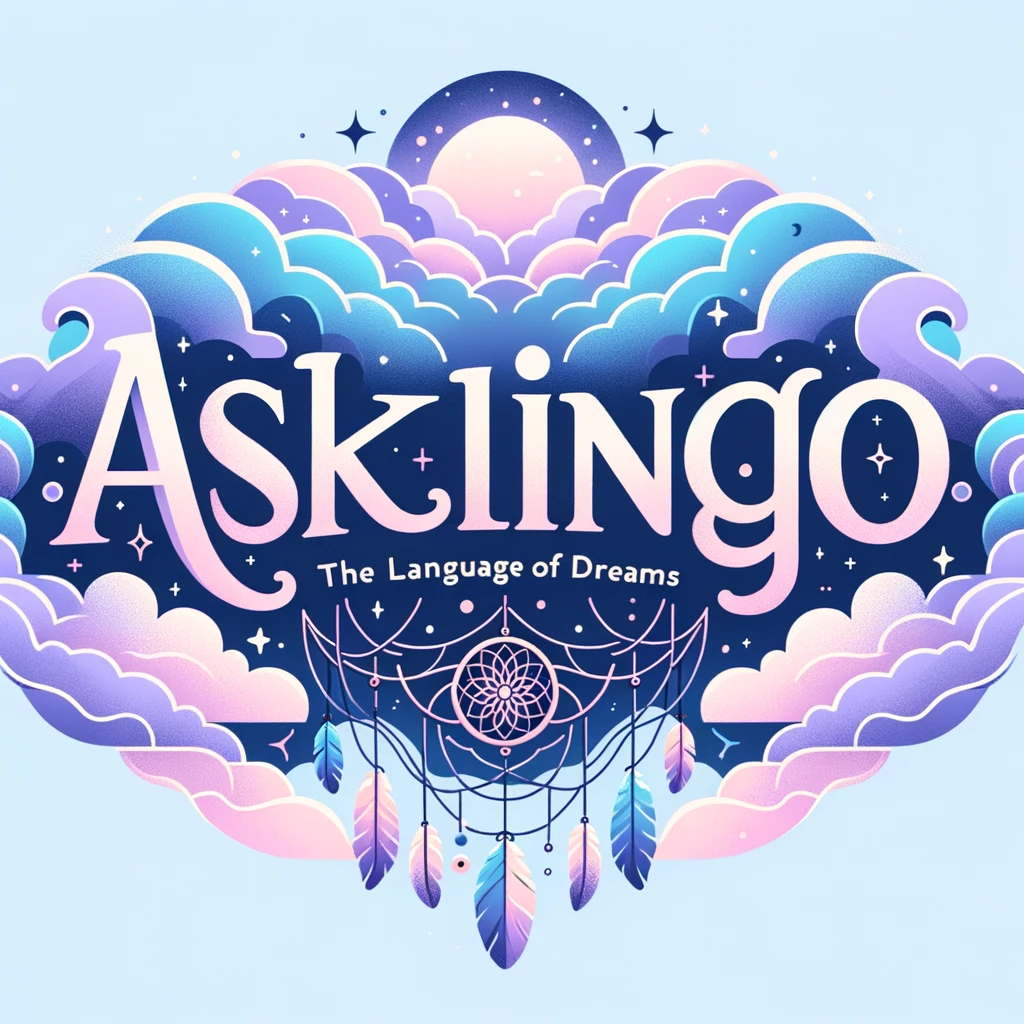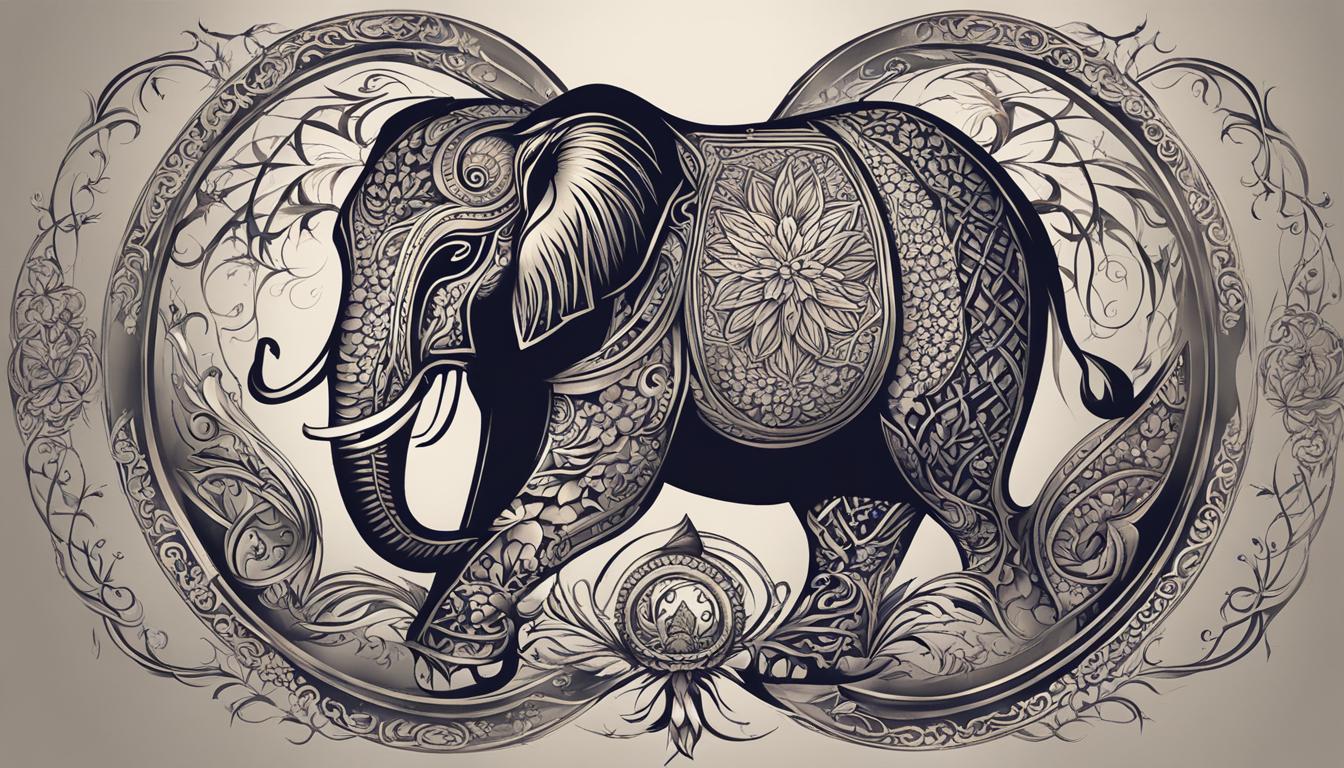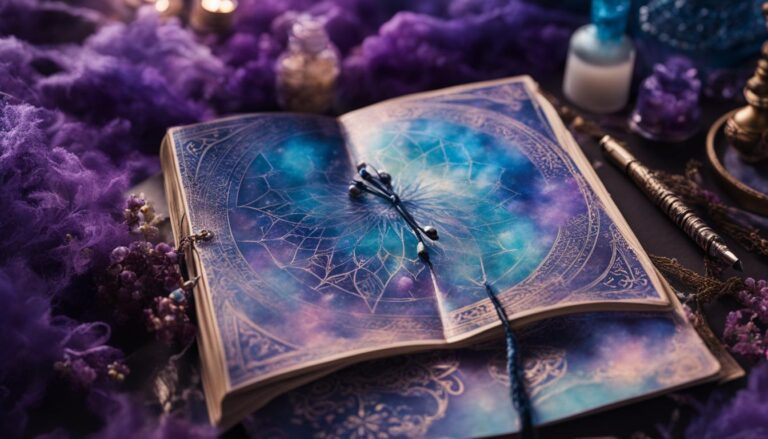Exploring Cultural Interpretations of Dream Symbols
Dreams have always fascinated me, offering glimpses into our subconscious and unlocking hidden meanings. As a firm believer in the power of dream interpretation, I am intrigued by the cultural significance that shapes the interpretation of dream symbols. In this comprehensive guide, I will explore the diverse world of cultural dream symbols and their interpretations across different cultures.
Key Takeaways:
- Cultural dream symbols provide valuable insights into our waking lives.
- The interpretation of dream symbols is heavily influenced by cultural background.
- Freudian dream symbolism has had a significant impact on the field of psychology.
- Understanding cultural perspectives on common dream symbols enhances our understanding of dream symbolism worldwide.
- Ancient cultural beliefs have shaped the practice of dream interpretation.
The Role of Cultural Background in Dream Interpretation
Dream interpretation is a fascinating field that is heavily influenced by cultural background. The way we interpret dreams and the meaning we attribute to dream symbols can vary greatly from one culture to another. Understanding the role of cultural diversity in dream interpretations is crucial for a comprehensive analysis of dream symbolism.
In cross-cultural dream analysis, it becomes evident that each culture has its own set of symbols and meanings associated with them. For example, while dreaming about animals may represent certain qualities or characteristics in one culture, it may have a completely different interpretation in another. This emphasizes the importance of considering the cultural influences on dream meanings.
The cultural diversity in dream interpretations adds layers of complexity to the study of dreams. By exploring different cultural perspectives, we gain a deeper understanding of the rich tapestry of dream symbolism. It allows us to appreciate how cultural beliefs, values, and experiences shape the way we perceive and interpret dream symbols.
The Cultural Influences on Dream Meanings
In analyzing dream symbols, it is important to take into account the cultural context in which they are interpreted. Different cultures may attribute specific meanings to symbols based on their unique traditions, folklore, and spiritual beliefs. For instance, a snake may be seen as a symbol of protection and transformation in one culture, while in another culture, it may represent deception or danger.
Cultural diversity in dream interpretations highlights the complexity and richness of human experiences. It reminds us that dream symbolism is not a static, universally understood language, but rather a dynamic and culturally influenced aspect of human psychology.
By recognizing the cultural influences on dream meanings, we can expand our knowledge and gain a broader perspective on the world of dream interpretation. It allows us to appreciate the interconnectedness of culture, psychology, and symbolism in shaping our understanding of dreams.
Freudian Dream Symbolism and Its Cultural Impact
The interpretation of dreams has fascinated scholars and individuals for centuries. One of the most influential theories on dream symbolism comes from the renowned psychologist Sigmund Freud. According to Freud, dreams are the manifestations of repressed desires and emotions from our unconscious mind. This theory, known as Freudian dream symbolism, has had a profound impact on the field of psychology and the understanding of dream interpretation.
Freud’s theory suggests that dream symbols represent hidden wishes and conflicts that we may not be aware of in our waking lives. However, it is essential to recognize that cultural factors can also influence the interpretation of these symbols. Different cultures may attribute diverse meanings to the same dream symbols based on their unique beliefs, values, and experiences.
For example, while Freud associated snakes with sexual symbolism, in some cultures, snakes may represent wisdom or protection. The cultural influences on Freudian dream symbolism highlight the interplay between individual psychology and societal context.
The Cultural Influences on Freudian Dream Symbolism
“Dream symbols are not universal. They are influenced by the individual’s cultural background and the collective beliefs and values of their society. Cultural factors shape how individuals interpret dream symbols, adding layers of meaning and influencing the significance attributed to them.”
By examining the cultural influences on Freudian dream symbolism, we can gain insights into the rich tapestry of interpretations and understand the impact of cultural diversity on dream analysis. This exploration allows us to appreciate the multifaceted nature of dream symbolism and the importance of considering cultural context in understanding the meaning behind dream symbols.
Cultural Perspectives on Common Dream Symbols
In the realm of dreams, certain symbols transcend cultural boundaries, appearing in the subconscious minds of people from diverse backgrounds. However, the interpretation and significance of these symbols can vary greatly across cultures. Exploring the cultural perspectives on common dream symbols reveals the fascinating diversity and richness of dream symbolism worldwide.
Take, for example, the symbol of water. In some cultures, water represents purification and emotional cleansing, while in others it signifies a source of life and fertility. Similarly, animals hold different meanings across cultures. A snake may symbolize fear and danger in one culture, whereas in another, it may represent wisdom and healing. By delving into these cultural interpretations, we gain a deeper understanding of the intricate tapestry of dream symbolism.
To navigate the cultural diversity in dream symbols, it is essential to explore various cultural interpretations. In one culture, dreaming of flying may symbolize freedom and transcendence, while in another, it may represent a desire for power and control. These variations reflect the unique values, beliefs, and collective experiences of different societies. By recognizing and embracing these cultural perspectives, we can expand our own understanding of dream symbolism and cultivate a greater appreciation for cultural diversity.
Ancient Cultural Beliefs and Dream Interpretation

Throughout history, various ancient civilizations have held profound beliefs about the power and significance of dreams. Dream interpretation played a crucial role in understanding the divine, receiving messages from the gods, and unlocking hidden knowledge. In ancient Mesopotamia, dreams were considered sacred and were believed to be direct communications from the gods. Similarly, the Egyptians revered dreams as a means of divine communication and used them for guidance in important matters.
Both the Greeks and the Romans also placed great importance on dreams. Greek philosophers, such as Aristotle and Plato, devoted considerable attention to the study of dreams and their interpretation, seeking to uncover the truths hidden within them. The Romans believed that dreams could be prophetic and often consulted dream interpreters to gain insight into future events.
These ancient cultural beliefs illustrate the deep-rooted significance of dream interpretation in different civilizations. By exploring the dream practices of these ancient cultures, we can gain valuable insights into the historical and cultural context of dream symbolism. Understanding the ancient cultural beliefs surrounding dreams allows us to appreciate the rich tapestry of dream interpretation and its enduring impact on human consciousness.
Personalized Dream Symbolism and Cultural Context
Dreams have long been recognized as windows into our subconscious minds, revealing hidden thoughts, desires, and fears. However, the interpretation of dream symbols is not a one-size-fits-all approach. Personal experiences and cultural background play a significant role in shaping how individuals interpret dream symbols.
While there are universal symbols that are commonly understood across cultures, the meaning of these symbols can vary depending on one’s cultural context. For example, a snake may symbolize wisdom and transformation in one culture, while in another culture it may be associated with danger and deceit.
“Dreams are the thoughts of the soul, and dreams with a personal context are like a fingerprint of our inner selves.”
Understanding the cultural influences on personalized dream symbolism is crucial for a comprehensive analysis of dreams. By taking into account both personal and cultural factors, we can gain a deeper understanding of the rich tapestry of dream symbolism and its impact on our lives.
The interplay between personal and cultural symbolism
The interplay between personal and cultural symbolism is a fascinating aspect of dream interpretation. Cultural norms and beliefs can shape our perception of certain symbols and affect how we interpret them in our dreams. For example, in some cultures, the sound of thunder may be associated with power and authority, while in others it may be seen as a sign of impending danger.
Personalized dream symbolism allows individuals to tap into their unique experiences and emotions, providing valuable insights into their inner worlds.
Recognizing the cultural influences on dream interpretation helps us appreciate the diversity of human experiences and the power of symbolism in shaping our understanding of the world. By embracing both personal and cultural perspectives, we can unlock a deeper level of self-awareness and gain a greater appreciation for the interconnectedness of our dreams and the societies we live in.
The Intersection of Emotions and Cultural Dream Interpretation

Emotions play a crucial role in dream analysis, shaping the interpretation of dream symbols. The emotional tone of a dream can provide valuable insights into our subconscious thoughts and feelings. When exploring cultural dream symbolism, it becomes apparent that emotions are not universally interpreted in the same way. Different cultures have unique perspectives on emotions, which can significantly influence the meaning attributed to dream symbols.
In one culture, fear may be seen as a negative emotion, while in another, it may be regarded as a sign of impending danger. This cultural diversity in the interpretation of emotions adds layers of complexity to dream analysis. By considering the cultural perspectives on emotions, we can gain a more nuanced understanding of dream symbolism and the messages they convey.
For example, a dream about a snake may evoke different emotions and meanings across cultures. In some cultures, the snake is associated with wisdom and transformation, evoking positive emotions. However, in other cultures where snakes are regarded as dangerous and menacing creatures, the dream may elicit fear and caution.
Cultural Perspectives on Dream Symbolism and Emotions
To fully grasp the intricacies of dream interpretation, we must recognize that emotions are subjective and influenced by cultural context. The way we experience and interpret emotions is shaped by our cultural beliefs, values, and experiences. By examining cultural perspectives on dream symbolism and emotions, we can deepen our understanding of the complex relationship between culture, emotions, and dreams.
Dream Symbols and Their Impact on Personal Growth
Dream symbols have long been thought to hold profound meaning and significance, offering a window into our subconscious minds. By exploring and understanding the symbolism behind our dreams, we can gain valuable insights into our deepest thoughts, desires, and fears. This self-awareness can lead to personal growth and a deeper understanding of ourselves.
One of the key benefits of understanding dream symbolism is its ability to provide us with a clearer understanding of our emotions and motivations. Dreams often present us with symbolic representations of our innermost feelings, allowing us to tap into our subconscious and uncover hidden aspects of ourselves. By recognizing and interpreting these symbols, we can gain clarity and insight, leading to personal growth and self-discovery.
Furthermore, interpreting dream symbols can also help us navigate life’s challenges and make informed decisions. Dreams have the power to offer guidance and wisdom, presenting us with alternative perspectives that we may not have considered consciously. By paying attention to the symbolism in our dreams, we can tap into our intuition and gain valuable insights that can aid us in decision-making processes.
Dream symbols for personal growth:
- Animals: Representing instincts, desires, and our primal nature.
- Water: Symbolizing emotions and the depth of our feelings.
- Numbers: Signifying order, balance, and the interconnectedness of life.
- Death: Representing transformation and new beginnings.
“Dreams are the portal to the subconscious, offering us glimpses into our innermost thoughts and emotions. By exploring the symbolism present in our dreams, we can embark on a journey of self-discovery and personal growth.” – Unknown
Understanding dream symbolism for self-awareness and personal growth is a powerful tool that can help us uncover deeper layers of ourselves. By paying attention to the messages our dreams convey, we can gain valuable insights, make informed decisions, and ultimately lead more fulfilling lives.
The Power of Dream Symbols in Decision-Making

Dream symbols have long been revered for their potential to offer guidance and wisdom in decision-making processes. Many cultures believe that dreams can provide insights and intuitive guidance that can inform important life choices. By understanding and interpreting dream symbols, individuals can tap into their subconscious mind and gain clarity on complex decisions.
When faced with a difficult decision, I have found that analyzing my dreams and the symbols within them can provide valuable perspectives and new insights. For example, I once had a dream about being chased by a lion. In my waking life, I was torn between two job opportunities that seemed equally promising. Upon reflection, I realized that the lion in my dream symbolized courage and strength. This dream helped me understand that I needed to choose the path that would challenge me and allow me to grow. Ultimately, I made a decision that aligned with the symbolism of the lion and it turned out to be a transformative experience.
“Dreams are illustrations… from the book your soul is writing about you.”
Understanding dream symbolism can also help us explore different perspectives and alternative solutions to our dilemmas. Dreams provide a unique lens through which we can view our challenges, allowing us to step outside of our conscious biases and limitations. By harnessing the power of dream symbols, we can open ourselves up to new possibilities and make more informed decisions.
Incorporating Cultural Dream Symbols Into Everyday Life
Understanding the diverse meanings of cultural dream symbols can enhance our everyday experiences and deepen our connection to our cultural heritage. Dream symbolism is not confined to the realm of dreams; it can find relevance in our waking lives as well. By embracing the cultural significance of dream symbols, we can open ourselves up to a world of deeper understanding and appreciation.
Imagine waking up from a dream with a vivid symbol in mind, such as a lotus flower. In certain cultures, the lotus flower represents purity and enlightenment. By incorporating this symbolism into our everyday life, we can cultivate a sense of purity and strive for personal growth and self-improvement.
Moreover, the cultural diversity in dream symbols allows us to explore different perspectives and broaden our understanding of the world. By learning about dream symbols from various cultures, we gain a deeper appreciation for cultural differences and develop a greater sense of empathy and acceptance.
So, how can we incorporate cultural dream symbols into our everyday life? One way is to keep a dream journal and record the symbols and themes that appear in our dreams. By reflecting on these symbols and exploring their cultural meanings, we can gain insights into our own thoughts and emotions. We can then use this knowledge to make conscious choices in our daily lives, aligning our actions with our values and aspirations.








3 Comments